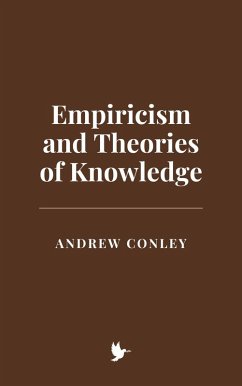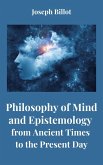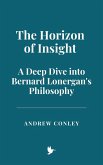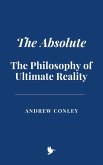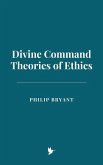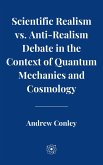The chapters delve into foundational concepts, including perception, induction, and the role of empirical evidence, while critically assessing the limits of empiricism in addressing abstract reasoning, ethics, aesthetics, and metaphysics. The interplay between empiricism and rationalism is explored, highlighting their historical tensions and the eventual synthesis in Kantian philosophy. The text also investigates the relationship between language, science, and knowledge, considering how empiricism adapts to the complexities of modern interdisciplinary research in cognitive science, artificial intelligence, and the philosophy of science.
Through detailed commentary and analysis of primary sources, this book provides a comprehensive understanding of how empiricism has shaped philosophical inquiry and continues to inform debates about the nature, scope, and justification of knowledge in the contemporary world. Bridging historical and modern perspectives, it offers insights into the strengths and limitations of grounding knowledge in sensory experience, making it a vital resource for students, scholars, and anyone interested in the foundations of epistemology.
Dieser Download kann aus rechtlichen Gründen nur mit Rechnungsadresse in A, B, CY, CZ, D, DK, EW, E, FIN, F, GR, H, IRL, I, LT, L, LR, M, NL, PL, P, R, S, SLO, SK ausgeliefert werden.

